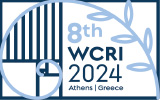9th World Conference on Research Integrity announced
The 8th World Conference on Research Integrity (WCRI) ended on a high note with the announcement that the next of these biennial conferences will take place in Vancouver, Canada in 2026.
Lex Bouter, Founding Chair of the WCRI Foundation and Professor Emeritus of Methodology and Integrity at Vrije Universiteit Amsterdam, says the bids to host the WCRI events are highly competitive:
“Each of the preceding seven WCRIs have been a major impulse that led to more awareness, more research on research integrity, and more effective measures to promote and protect it. This not only happens in the organising country but often also in the regions around it. This is the reason we convene in alternating continents and ensure worldwide participation by offering travel grants for participants from low and middle-income countries.”
“Although scientific research brought many wonderful things to humanity and the large majority of scholars intends to deliver valid high-quality research, cases of research misconduct occasionally happen and questionable research practices are not rare,” he adds.
The WCRIs are key events in the international research integrity calendar, and the 8th WCRI conference took place in Athens from the 2 to 5 June and brought together approximately 800 researchers, funders, policymakers and research integrity practitioners from around the globe.
Addressing key threats to research integrity
The conference covered strategies to strengthen research integrity, but also key threats to it, including the risks and opportunities associated with generative artificial intelligence, the rising rate of detected research fraud and retractions of publications, and the issue of fake publications. Several important initiatives to address these challenges were also put forward.
Speaking about the conference, Dr Maura Hiney, Adjunct Professor of Research Integrity at University College Dublin and one of the three conference Co-chairs, said:
“This has been the most global conference so far and I was very impressed by both the breadth of topics and the quality of the papers and posters. While we heard about ways to subvert the research system (paper mills, AI as a bad actor, reviewer and author syndicates, to name a few), there were many inspiring presentations on progress in addressing these and building a strong research ecosystem. There was wonderful research presented on the benefits of collaboration and collegiality across research stakeholders including industry, technological solutions for detecting fake science, recognition of new assessment models, strong policy at local and national level, and innovative training approaches. The engagement of so many early-career researchers in the conference, the quality of their work and their commitment to good and trustworthy research gives me great hope for the future,” she added.
Said Sheila Garrity, Director of the United States Office of Research Integrity (ORI):
“At ORI, an important part of our mission is to support research integrity communities. This includes collaborating with international research communities working to advance research integrity across the globe.
WCRI brings diverse partners and stakeholders together who all believe in fostering research integrity and the importance of global collaboration in advancing life-saving breakthroughs. Promoting a world where we strengthen trust in science is something we must do together, which is why ORI is a major sponsor of WCRI.”
The Athens Statement
The WCRI events typically produce an influential statement, which serves as a guiding document in research integrity. The Athens Statement will concern the translation of research into trustworthy policy and innovation. The goal of this statement will be to expand research integrity beyond research institutions and enhance its influence on how research is used to shape trustworthy policies and drive innovation.
Work on the proposed Athens Statement continues. The Statement follows a mixed-methods approach that involves engaging with a diverse group of stakeholders, including researchers from all academic disciplines, research integrity practitioners and decision-makers in SMEs and industry, and policymakers in the public sphere.
The Statement will be released in the coming months once it is completed.
For more information about the Athens Statement, contact Dr Panagiotis Kavouras
A new WCRI Foundation board member and chair-elect
Dr Chris Graf, Research Integrity Director of Springer Nature, joined the WCRI Foundation board as a member at the start of the conference and will also take over the role of WCRI Foundation Chair in 2025 when Professor Lex Bouter steps down from the role.
“I’m excited to be joining the Foundation at such a pivotal time for research integrity,” says Graf.
“We are making great strides in addressing some of the real challenges relating to research integrity – not just in terms of breaches of integrity, but also in understanding the influence of racial bias on research integrity, enabling of trustworthy policy making, encouraging responsible research practices, and steering into a future of responsible and effective AI use in research.”
“But we are on a journey not a sprint and there is a way to travel, with new routes and new obstacles to navigate. The 2024 conference showcased unprecedented levels of focus and collaboration between all stakeholders in research integrity, and it will be essential that continues in the next WCRI at Vancouver in 2026 and beyond.”
For more information contact:
Dr Chris Graf (Chair-elect of WCRI Foundation)
or
Prof Lex Bouter (outgoing chair of WCRI Foundation)





